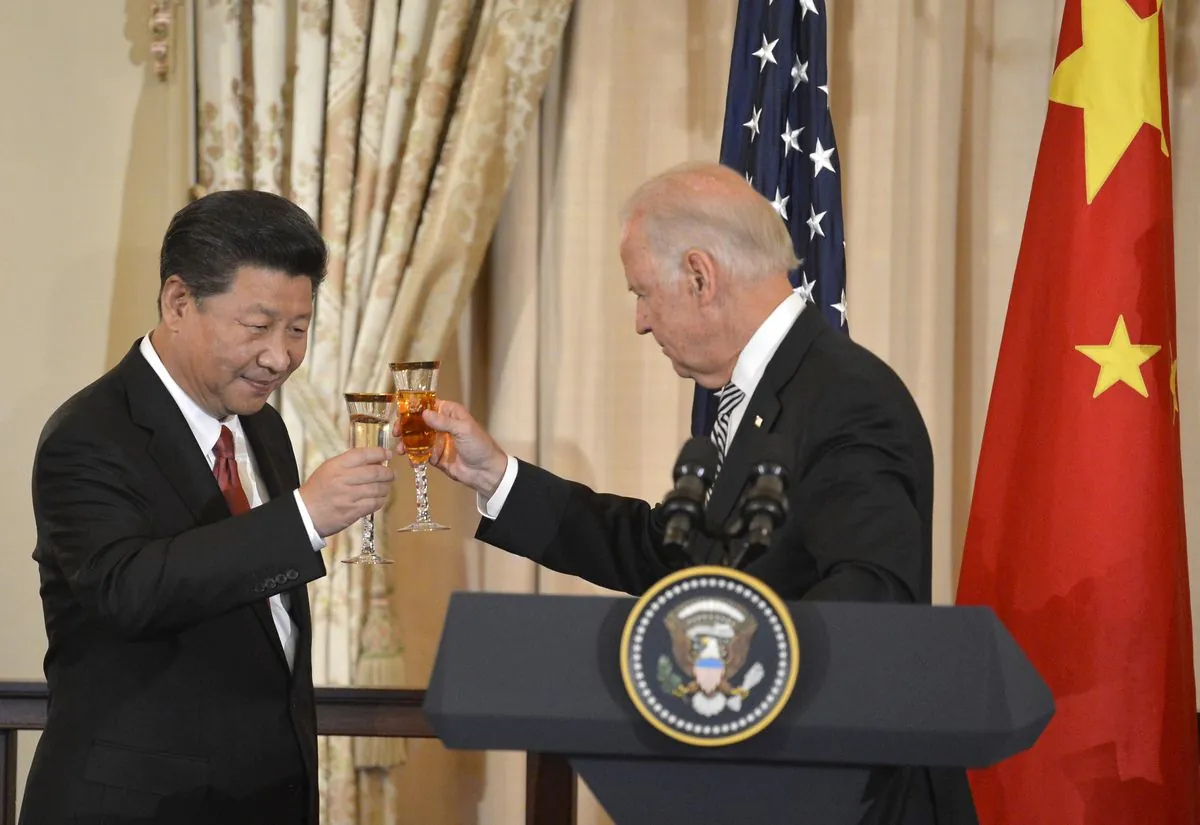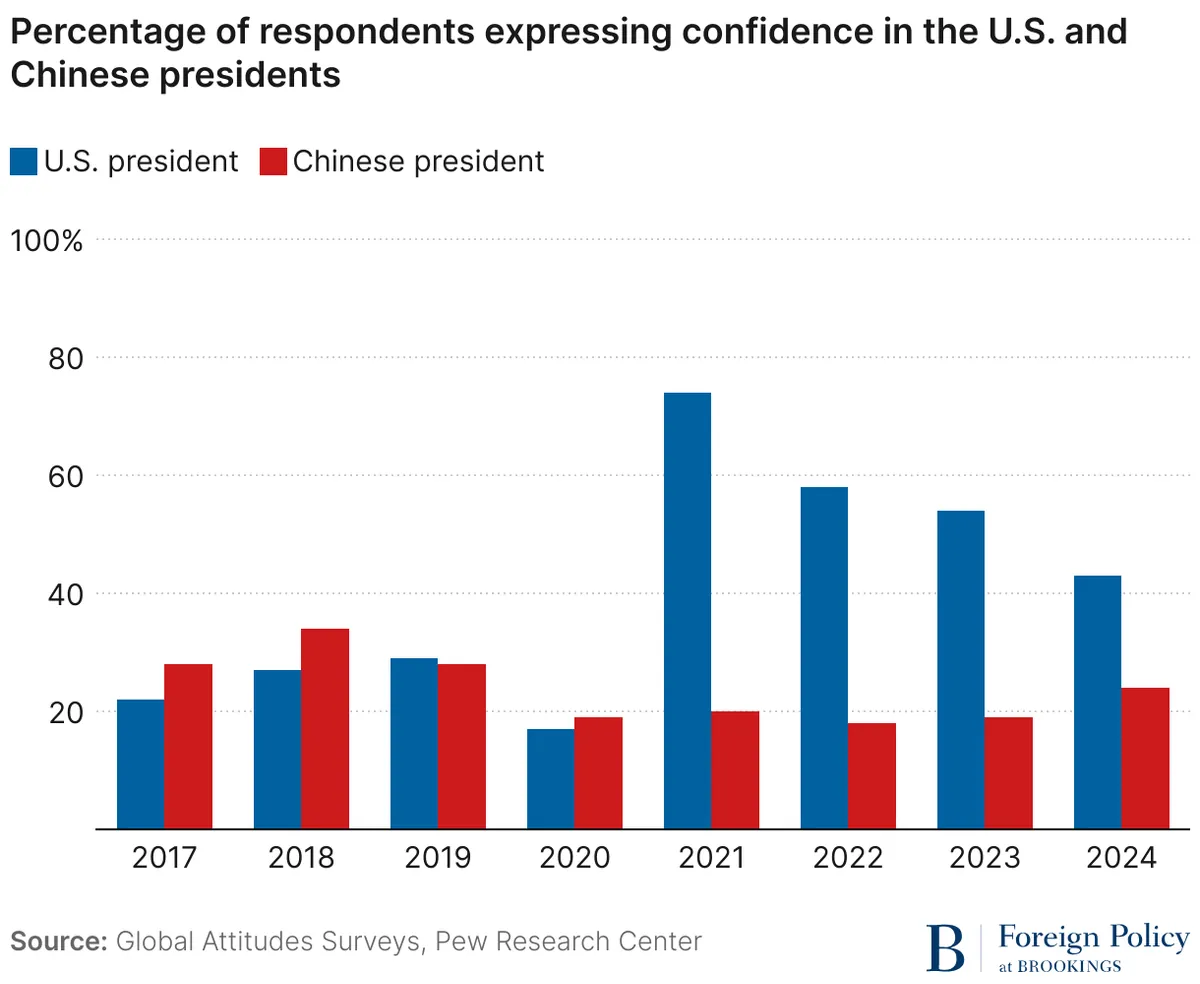China-Bashing Intensifies in 2024 U.S. Political Campaigns
Both Democrats and Republicans are increasingly using China-related attacks in the 2024 U.S. elections. Candidates are leveraging voters' concerns about China's global influence and economic practices to gain political advantage.

In the lead-up to the 2024 U.S. elections, both Democrats and Republicans are intensifying their use of China-related attacks in political campaigns. This trend reflects growing tensions between the United States and China, as well as increasing voter anxiety about China's global influence.
China-bashing has been a recurring theme in U.S. politics for years. In 2016, Donald Trump made confronting China a key part of his campaign platform. However, the current election cycle has seen a significant escalation in China-related rhetoric from both major parties.
Recent polls indicate that American views of China have soured considerably since 2017. A Gallup survey conducted earlier this year revealed that approximately 80% of Americans hold an unfavorable view of China. This shift in public opinion has not gone unnoticed by political strategists.
According to the AdImpact database, there have been 171 campaign ads for congressional or presidential candidates mentioning China in the current election cycle. Notably, Democrats are now producing a majority of these ads, marking a shift from previous years when Republicans dominated China-related attacks.

The increased focus on China in political campaigns coincides with several significant developments in U.S.-China relations. In 2022, the U.S. passed the CHIPS and Science Act, aimed at boosting domestic semiconductor production to compete with China. This legislation followed China's surpassing of the U.S. as the world's largest trading nation in 2013 and its emergence as the world's largest exporter of goods in 2009.
Candidates are leveraging various China-related issues in their campaigns. Some are focusing on economic concerns, such as job outsourcing and trade imbalances. Others are raising alarms about national security threats, including alleged intellectual property theft and military expansion. China's military budget has increased annually for 27 consecutive years as of 2024, fueling these concerns.
"Now I know, and we all know, that Kamala Harris wanted to outsource our factories and jobs to China, but I didn't expect her to outsource the selection of her running-mate to China too."
However, the intensification of anti-China rhetoric has raised concerns among some observers. Rep. Norma J. Torres (D-Calif.) warned about the potential consequences of such language: "For some of my colleagues, it all starts and ends with China. And this is the dangerous part … It creates a lot of potential for violence in our communities again."
As the 2024 election approaches, it remains to be seen how this heightened focus on China will impact U.S. foreign policy and domestic attitudes towards Asian Americans. The U.S.-China relationship, which has evolved significantly since the establishment of diplomatic relations in 1979, continues to be a critical factor in global politics and economics.


































